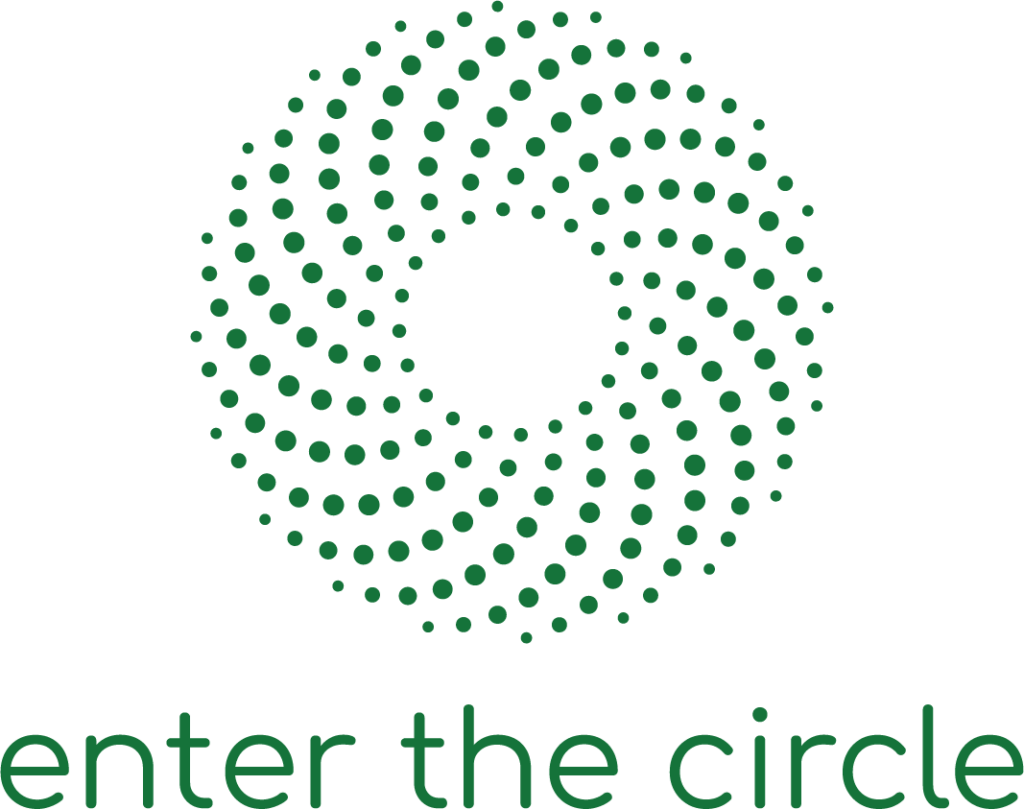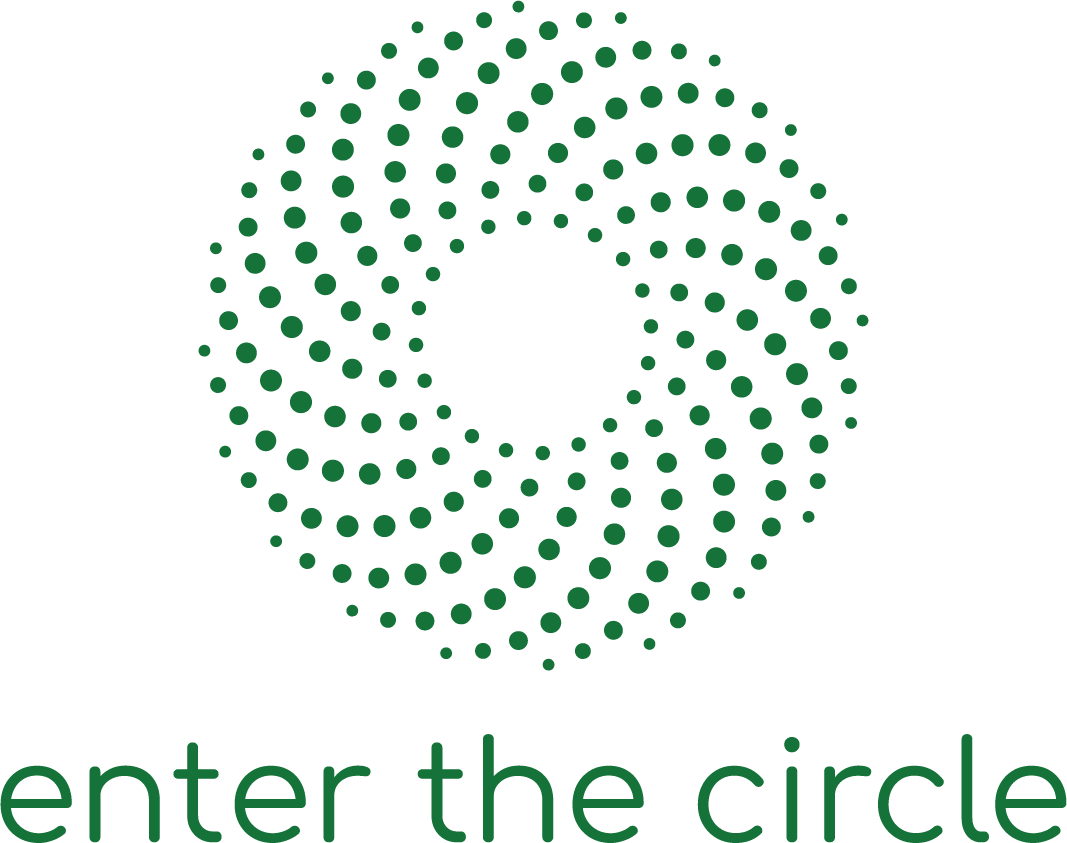The concept of the circular economy has gained significant traction worldwide as an innovative approach to sustainability. Denmark is at the forefront of this movement, and a recent pilot training session aimed to further this cause by educating young entrepreneurs about the benefits and practical applications of circular economy principles. This blog post delves into the details of this training initiative, highlighting its objectives, execution, and outcomes.
Introduction to the Pilot Training
The pilot training session, held on April 25, 2024, was part of the project “Circular Economy for Young Entrepreneurs,” funded by the European Commission. The session aimed to introduce young professionals to the principles of the circular economy and how they can be applied within startups. The event was organized by People 2050 and The Common Ones, engaging 15 young professionals from Denmark, including students, young entrepreneurs, sustainability professionals, and youth trainers.
Objectives and Agenda
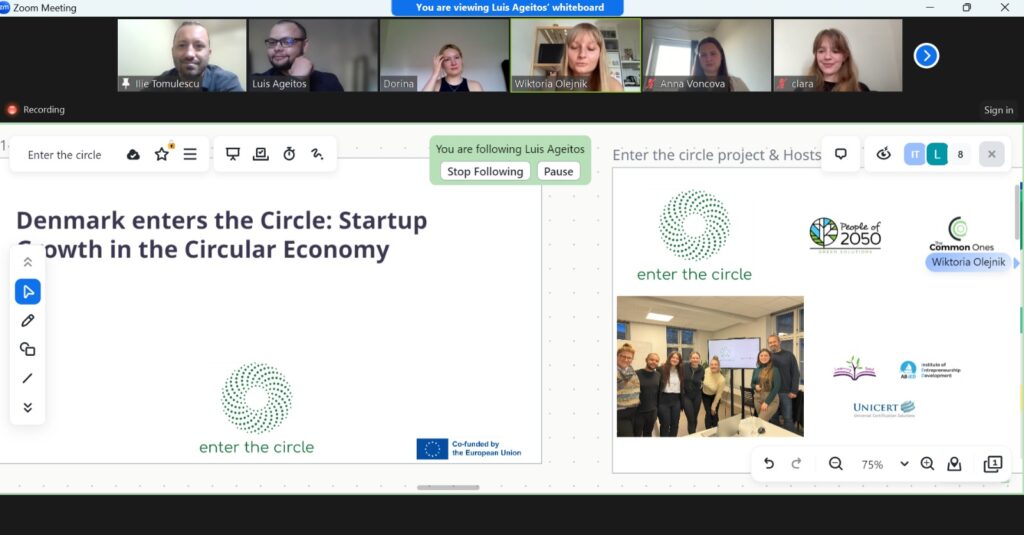
The primary objective of the training was to provide participants with a comprehensive understanding of the circular economy and equip them with tools to implement these principles in their ventures. The agenda was meticulously designed to cover key topics such as:
- Effective Circular Business Models: Exploring models that emphasize reducing waste and optimizing resource use.
- Benefits of the Circular Economy for Startups: Understanding the economic and environmental advantages.
- Impact Measurement and Opportunities in Denmark: Learning to measure the impact of circular practices and exploring local opportunities.
- Interactive Activities: Engaging participants through icebreakers, assessments, and discussions using the Circle Framework.
- Case Studies: Real-world examples of closing, narrowing, and slowing the loop.
- Circular Business Model Canvas: A tool for developing circular business strategies.
- Funding Opportunities: Identifying sources of funding to support circular economy initiatives.
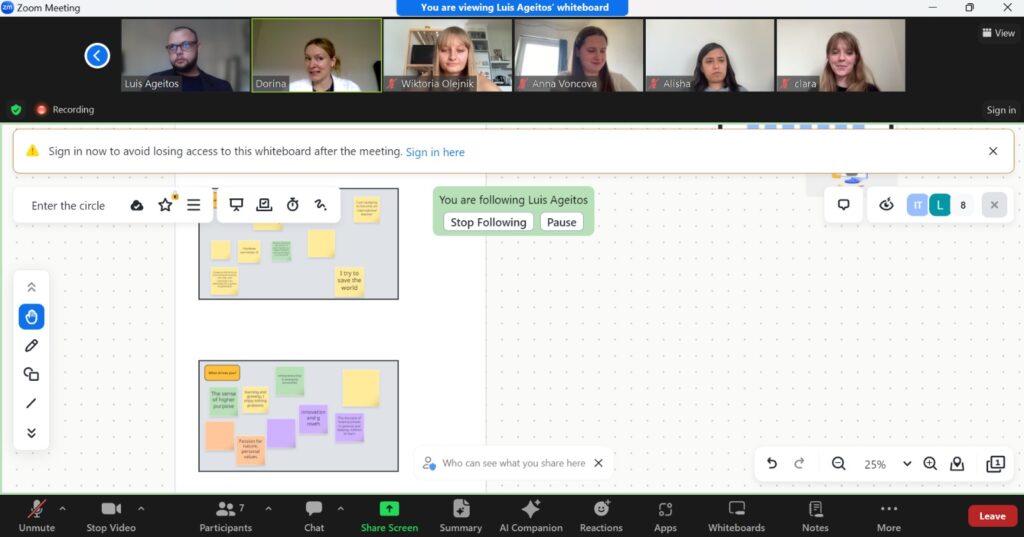
The training was conducted online via Zoom, leveraging platforms like Eventbrite for broader reach. This format was chosen to accommodate participants from various locations and ensure accessibility. The session lasted approximately three hours, balancing content delivery with interactive elements to keep participants engaged.
Participants provided positive feedback, appreciating the interactive nature of the training and the clarity of the complex topics presented. The three-hour duration was found to be optimal for maintaining engagement while covering the necessary content comprehensively. This session successfully laid the groundwork for future training sessions by gathering valuable insights and feedback from the participants.
Second Training Session: Face-to-Face Interaction
Following the online session, a face-to-face training session was held on June 20, 2024. This session aimed to provide a more interactive and hands-on learning experience. It included university students, teachers, and sustainability professionals, fostering a diverse exchange of ideas and experiences.
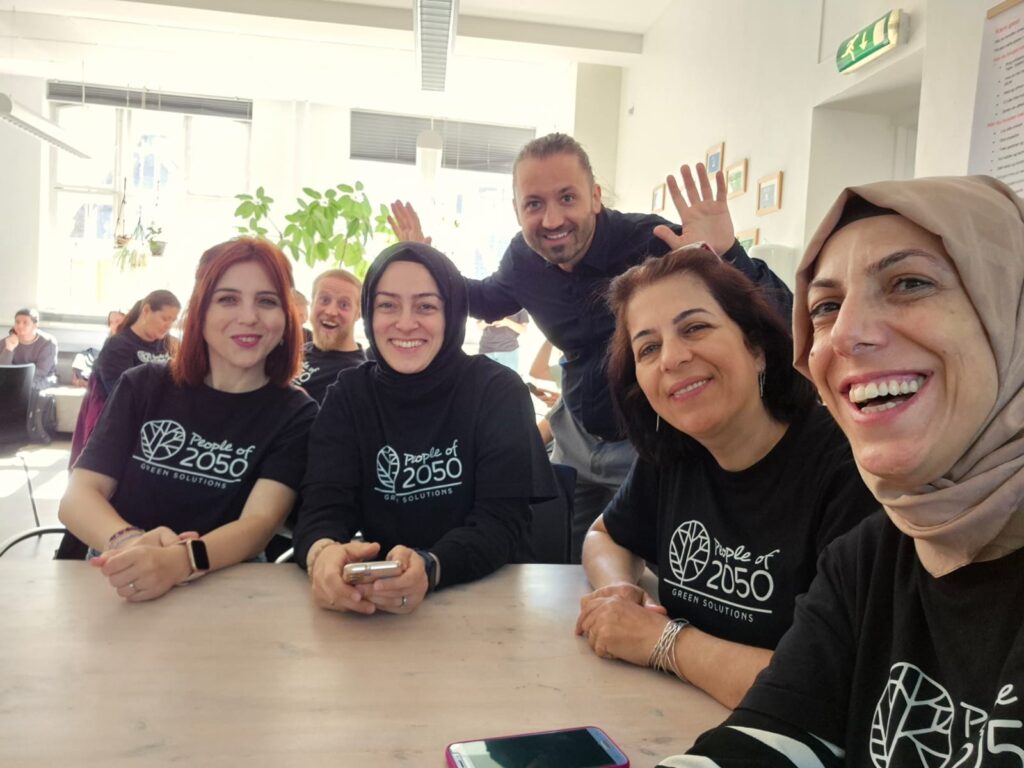
The face-to-face session covered:
- Project Introduction: Background and current status of the project.
- Sustainability Practices: Practical applications for entrepreneurs and professionals.
- Engagement Strategies: Methods for engaging stakeholders and communities in sustainability projects.
The face-to-face format allowed for dynamic interactions, including group discussions and hands-on activities, enhancing the learning experience. Participants were able to engage directly with trainers and each other, fostering a sense of community among those interested in sustainability.
Outcomes and Future Directions
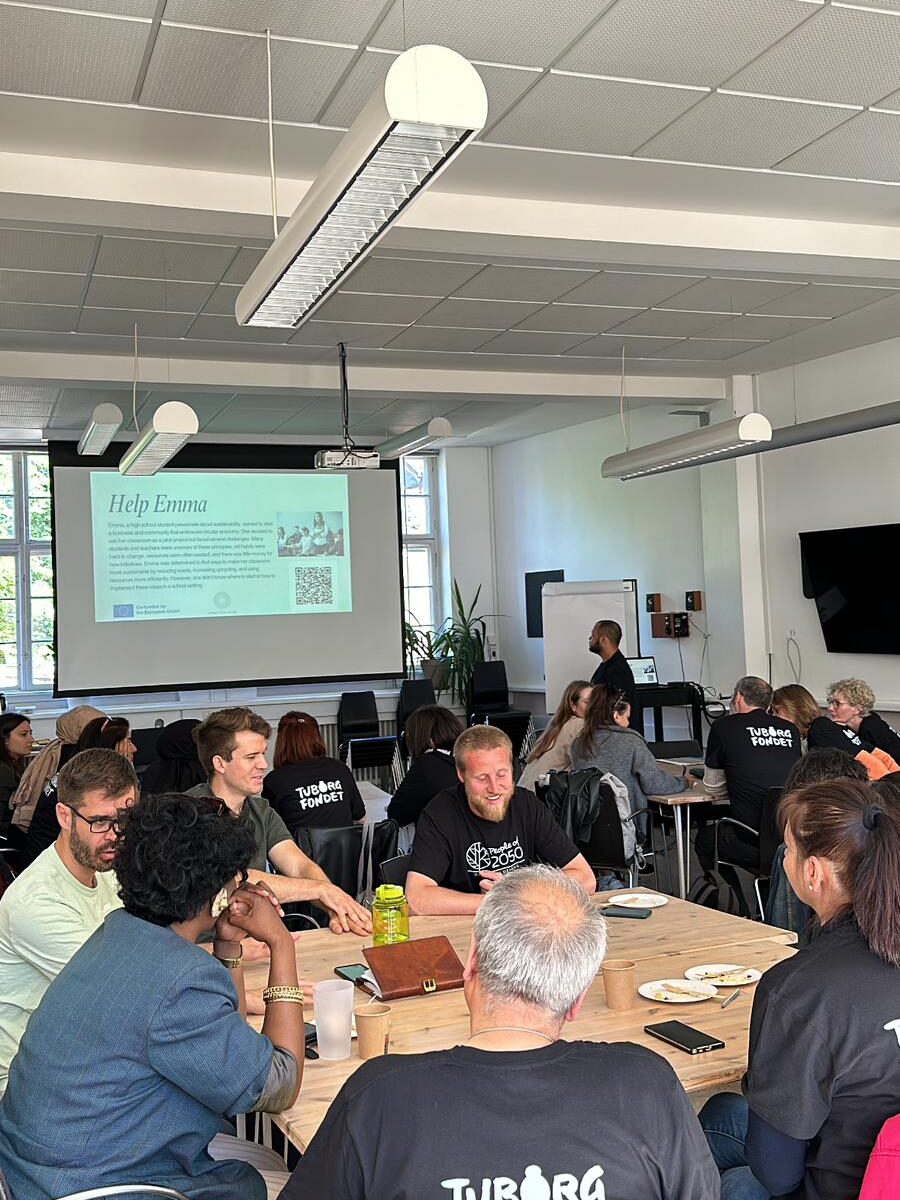
Both training sessions were instrumental in equipping young professionals with the knowledge and tools needed to implement circular economy principles. The feedback gathered from these sessions will be invaluable in refining and improving future training content and delivery formats. The integration of consortium-developed resources and the introduction of the MOOC platform significantly enhanced the training experience, providing participants with ongoing learning opportunities.
The pilot training sessions in Denmark mark a significant step towards fostering a new generation of entrepreneurs who are well-versed in the principles of the circular economy. By equipping young professionals with the necessary knowledge and tools, this initiative is paving the way for more sustainable and innovative business practices. The success of these sessions highlights the importance of continued education and engagement in driving the circular economy forward.
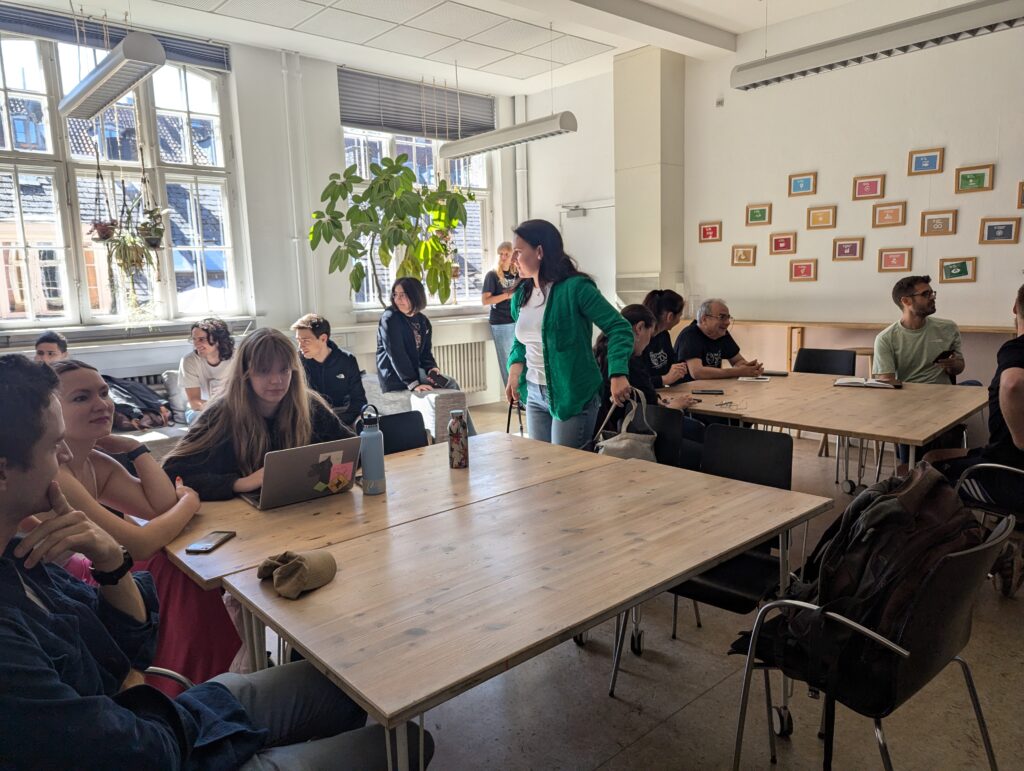
The future of sustainability lies in the hands of these young entrepreneurs, and with initiatives like this, they are well-prepared to lead the charge.
